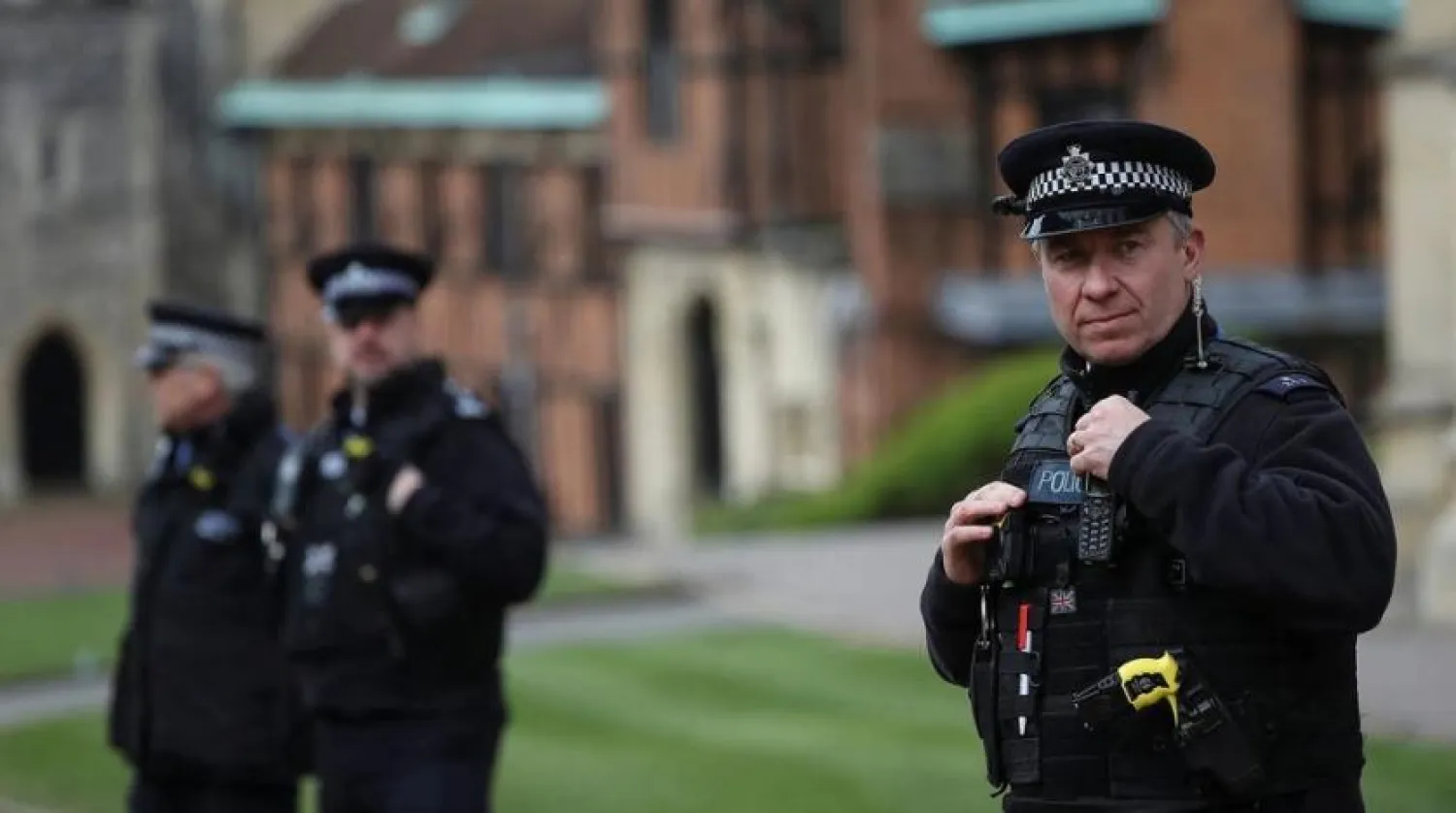London’s police force says two officers have been hospitalized after being stabbed in central London early Friday.
The Metropolitan Police force says officers “encountered a man with a knife” in the Leicester Square area, a busy tourist hub, at around 6 a.m. (0500GMT), The Associated Press said.
The force says both officers are in the hospital and it is awaiting updates on their conditions.
A man was arrested on suspicion of grievous bodily harm and assaulting an emergency worker. He is also in the hospital. Police say a Taser was used during the arrest.
Police say they are investigating the circumstances around the incident. It comes as London is flooded with mourners for Queen Elizabeth II’s lying-in-state, but the stabbing did not occur near any commemorative sites.
London Mayor Sadiq Khan called the attack “utterly appalling.”
“These brave officers were doing their duty and assisting the public at this momentous time for our country,” he said. “My thoughts and prayers are with them, their loved ones and police colleagues following this disgraceful attack.”









